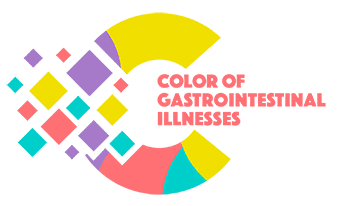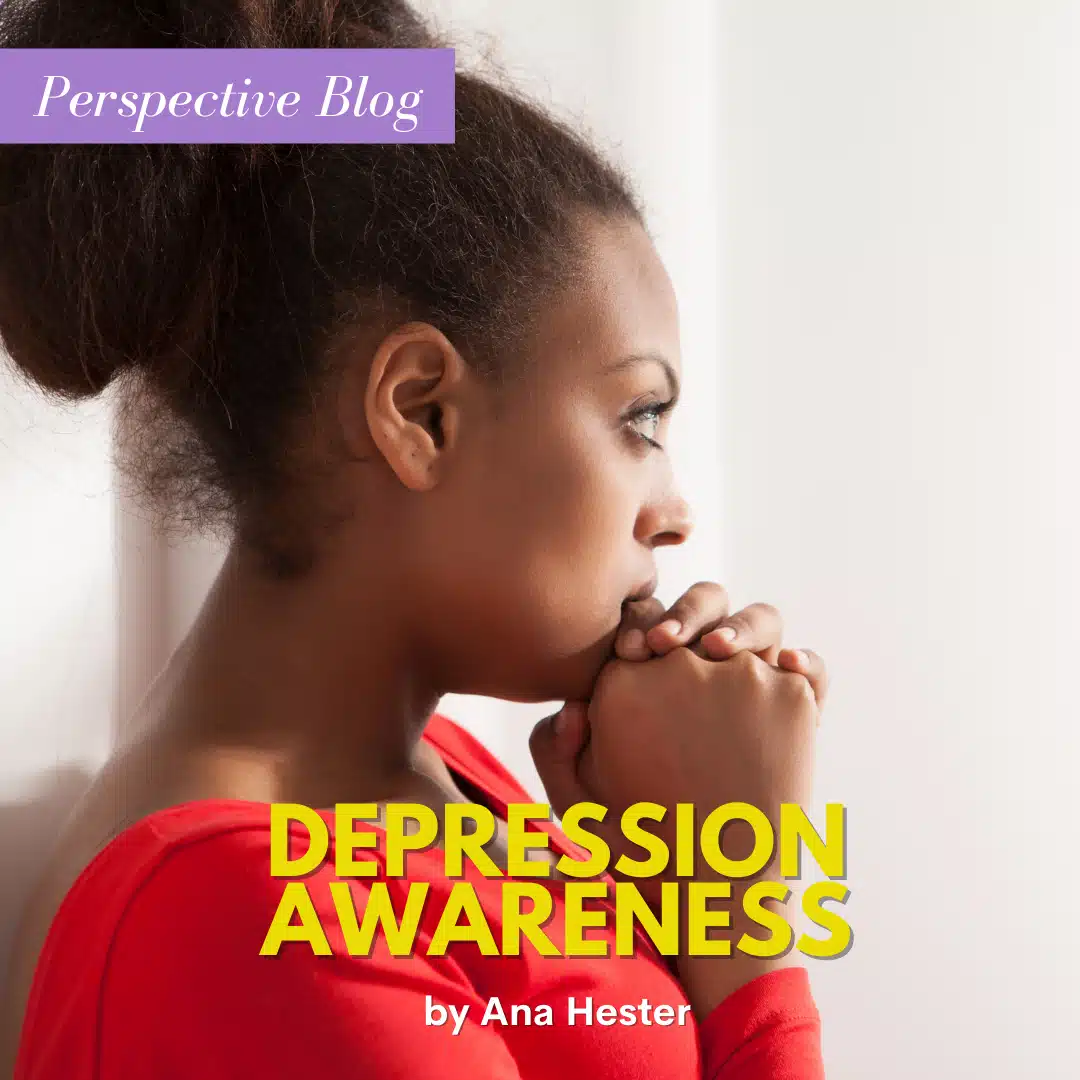“I just don’t feel like myself.”
“I don’t want to leave the bed today.”
“I just don’t have the energy to do anything.”
These are all familiar statements from someone suffering from depression.
Depression is a constant feeling of loss and sadness. It can often look like being not motivated or driven to do anything to include simple tasks like talking to others, eating, bathing, or moving around. It can mentally and physically paralyze you from doing your routine activities.
Depression can be caused by many different things to include:
- Abuse (mental, emotional, physical, sexual)
- Medication (medications can often cause a change in your mood without your control)
- Conflict
- Medical diagnosis (some illnesses will have lingering effects and can often lead to feelings of hopelessness, or the pain is so great that depression is inevitable)
- Death or a loss
- Gender (studies show that women are twice as likely to become depressed than men and it is attributed to hormonal changes)
- Genetics (a family history of depression can be passed down)
- Major events (birth of a child, changes in employment, financial changes)
- Substance abuse ( like medication, any alteration to the chemical function in the brain will change the way you think or feel)
Signs of depression:
- Anxiety, apathy, general discontent, guilt, hopelessness, loss of interest or pleasure in activities, mood swings, or sadness
- Agitation, excessive crying, irritability, restlessness, or social isolation
- Excess sleepiness, insomnia, or restless sleep
- Overeating, fatigue, or loss of appetite which can lead to weight loss or gain
- Lack of concentration, slowness in activity, or thoughts of suicide, mental fog
Treatment Options:
At the first sign of depression, one should seek help. Even if it is simply talking to someone to share your thoughts or feelings.
Other treatments include forms of therapies (cognitive behavioral therapy, behavior therapy, psychotherapy), medication therapies that are also known as antidepressants, antipsychotics), and electroconvulsive therapy.
The important step is recognizing the signs of depression before getting to a place of hopelessness. There are options but many often feel embarrassed to seek help and treatment.
Please seek help if you recognize any of these symptoms. Help is available.
Ana Hester

